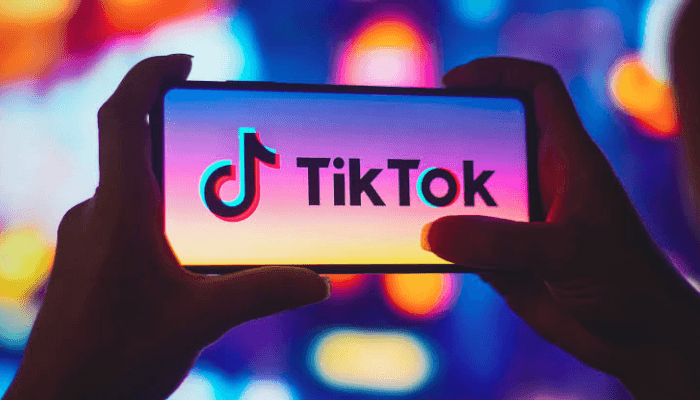News
Nigerian Govt Moves To Regulate TikTok

This is contained in a press statement issued on Monday by Kashifu Inuwa Abdullah, Director-General of the Nigerian Technology Regulator of the National Information Technology Development Agency (NITDA).
According to him, TikTok will be regulated because it should not be purely for entertainment purposes, adding that the aim is to redirect youth creativity towards productive digital engagement, rather than the “purely entertainment-driven content” currently dominating the platform.
Government representatives stated that the decision was influenced by the growing concern that many young Nigerians are spending excessive time creating and consuming frivolous entertainment content rather than leveraging social media as a tool for personal and professional growth.
One user wrote, “Here we go again. Instead of fixing unemployment or the economy, they want to regulate TikTok.” Another added, “How about focusing on skill empowerment offline first before policing vibes online?”
Others expressed concern that creators might be forced to change their content style just to remain compliant.
“Next thing you’ll see comedians teaching carpentry tutorials just to stay online,” one comment read, drawing laughter and sarcasm from users.
While some citizens saw the regulation as unnecessary interference, a few welcomed the move. One commenter noted, “That’s a good one… TikTok is now a begging app. You can’t even meet decent people there anymore.”
Others pointed out that creators make a living from entertaining content, not necessarily educational ones.
“Experience has shown that educative content doesn’t go viral,” a user wrote. Despite the mixed reactions, many agreed that TikTok remains a major source of income and expression for Nigeria’s young population.
-

 News20 hours ago
News20 hours agoAmid FCT Issues, Wike Flies Sons To London On Condolence Visit
-

 News11 hours ago
News11 hours agoNo Power Can Stop Muslims From Practising Shariah – Shariah Council
-

 Sports3 hours ago
Sports3 hours agoUCL Round of 16: Osimhen to face Liverpool as Real Madrid, Man City renew rivalry
-

 Business9 hours ago
Business9 hours agoFG deepens CREDICORP, targets wider coverage, disbursements
-

 News8 hours ago
News8 hours agoOver 100 terrorists storm Benue villages, kill 150 – Witness tells court
-

 Business8 hours ago
Business8 hours agoBag Of Cement Climbs To N11,000
-

 News9 hours ago
News9 hours agoEFCC detains Ozekhome over ‘Tali Shani’ UK property affair
-

 News9 hours ago
News9 hours agoNorthern Christian leaders drop ‘CAN’ title, adopt old identity


















